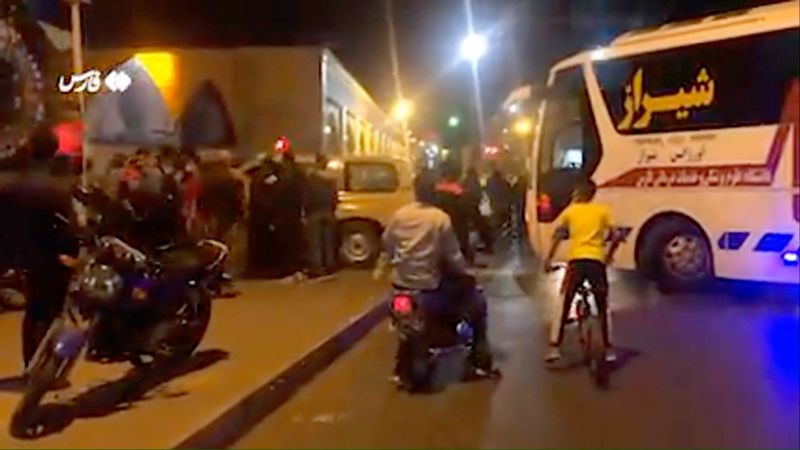Shiites Win Big in Iraqi Elections
It got 4,075,295 of the 8,456,266 votes, around 48.1 percent, according to the final results announced by the commission.
The Kurdish ticket, grouping the Patriotic Union of Kurdistan (PUK) and the Kurdistan Democratic Party (KDP), came second with 71 seats.
The Kurds got 2,175,551 ballots or 25.7 percent of the vote.
Interim Iraqi Prime Minister Iyad Allawi’s list ranked third with 13.8 percent and 38 seats while Iraqi President Ghazi al-Yawer’s gathered only 1.7 percent of the vote.
A list headed by Adnan Pachachi, a one-time presidential candidate and a former foreign minister, took only 12,000 votes, making up 0.1 percent of the vote.
On January 30, up to 8 million Iraqis, some ululating with joy, others hiding their faces in fear, cast ballots across the war-torn country.
The interim parliament will elect a president and his two deputies, who in turn will have to unanimously pick a prime minister.
The new premier will then be tasked with choosing a cabinet that has to be approved by a majority in parliament.
The UIA insists on capturing the much-coveted and influential prime minister post.
Its three main candidates are interim Deputy President Ibrahim Jaafari, interim Finance Minister Adel Abdel Mahdi and Ahmad Chalabi, a one-time Pentagon’s protégé.
The Kurds, for their part, want their candidate, PUK leader Jalal Talabani, to be president or prime minister.
According to the interim constitution, the Assembly has to write a permanent one by August 15, but the parliament speaker and a majority of the chamber can decide on a non-renewable six-month extension, AFP said.
If the initial deadline is met, the country’s new basic law will be put to vote in a referendum on October 15, before polls for a new constitutionally-elected government are held on December 15.
First Step
Pachachi told Al-Arabiya television on Sunday that it was clear “a big number of Iraqis” did not participate in the election, and “there are some who are not correctly and adequately represented in the National Assembly”.
He recognized the polls as “correct” and “a first step”.
“We should concentrate our attention on drafting the constitution which should be written by all Iraqi factions in preparation for wider elections,” Pachachi said.
The majority of Sunnis die not cast ballot in the polls for being held under the US occupation.
The Association of Muslim Scholars, the highest Sunni religious authority in Iraq, championed the call for election boycott.
The Islamic Party of Iraq, the main Sunni political party, had quit the election race also over aggravating insecurity.
However, efforts are under way to convince all Iraqis, mainly the Sunnis, to participate in forming the coming Iraqi government.
“Intensive talks are being held with all Iraqi sides that have participated and boycotted the elections in order to reach a specific vision of the formation of the new Iraqi government,” Jawad Taqi, the official in charge of political relations in the Supreme Council of Islamic Revolution in Iraq (SCIRI), told Aljazeera earlier on Sunday.
The Bush administration reportedly proposed to grant Iraq’s Sunnis a number of portfolios and high-profile posts in the future government.
It also raised with Iraqi officials the possibility of adding some of the top Sunni vote-getters in the general elections to the interim legislature even if they lose to non-Sunni candidates, reported The New York Times on Sunday, December 26.
But the proposals were rejected by representatives of Sunni and Shiite powers.

